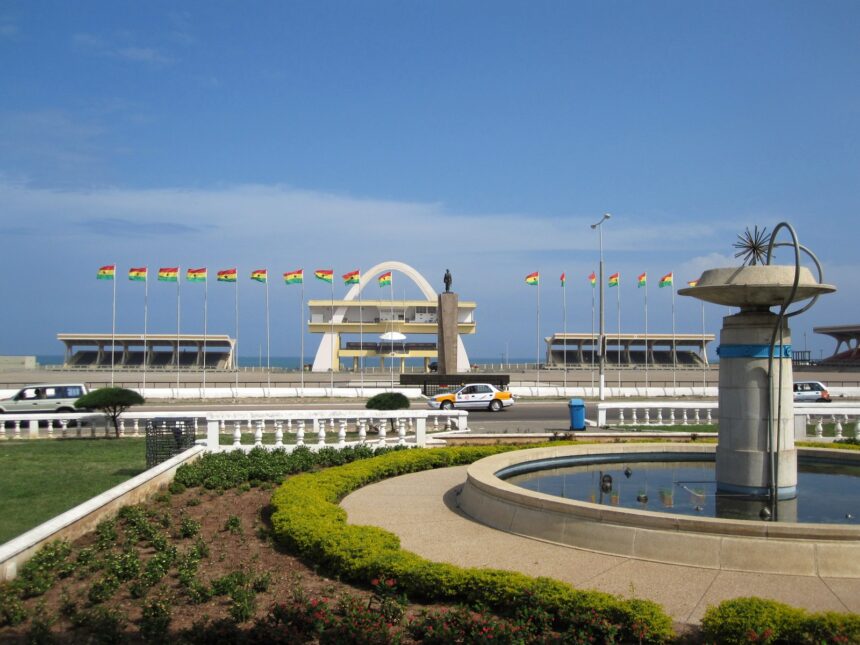In the latest edition of the Global Peace Index (GPI), Ghana has seen a significant decline, landing at 61st globally in 2025, a drop of six places compared to the previous year. Regionally, Ghana now ranks 7th in Sub-Saharan Africa, falling behind countries such as Mauritius, Botswana, Namibia, The Gambia, Sierra Leone, and Madagascar
This downward shift continues a troubling trend: Ghana fell from 51st in 2023 to 55th in 2024 and has now reached 61st in 2025, underscoring a persistent slide in peace and stability
Across Sub-Saharan Africa, Mauritius remains the most peaceful country, continuing its leadership for the 18th consecutive year, whereas Ghana now occupies the 7th position, behind Sierra Leone, which rose to 5th in the region and 57th globally. Across the continent, peace has deteriorated, with Sub-Saharan Africa’s average score dropping by 0.17%, consistent with global declines in peace.
On a global scale, 2025 marks the lowest overall peace level since the GPI began in 2008, driven by rising conflicts, militarization, and low societal safety, with the economic impact of violence nearly $20 trillion or 11.6% of global GDP
Analysts point to growing domestic tensions as a major factor in Ghana’s steady slide from 38th in 2021 to 61st in 2025. Challenges like chieftaincy disputes, especially the ongoing Bawku conflict, have contributed to social unrest in parts of the country. Broader socio-political dynamics such as governance issues, youth unemployment, small arms proliferation, and uneven development also aggravate the security outlook.
Experts emphasize the importance of investing in “Positive Peace,” strengthening societal attitudes, institutions, and structures that sustain peace, if Ghana and the broader region are to reverse this downward trend.






